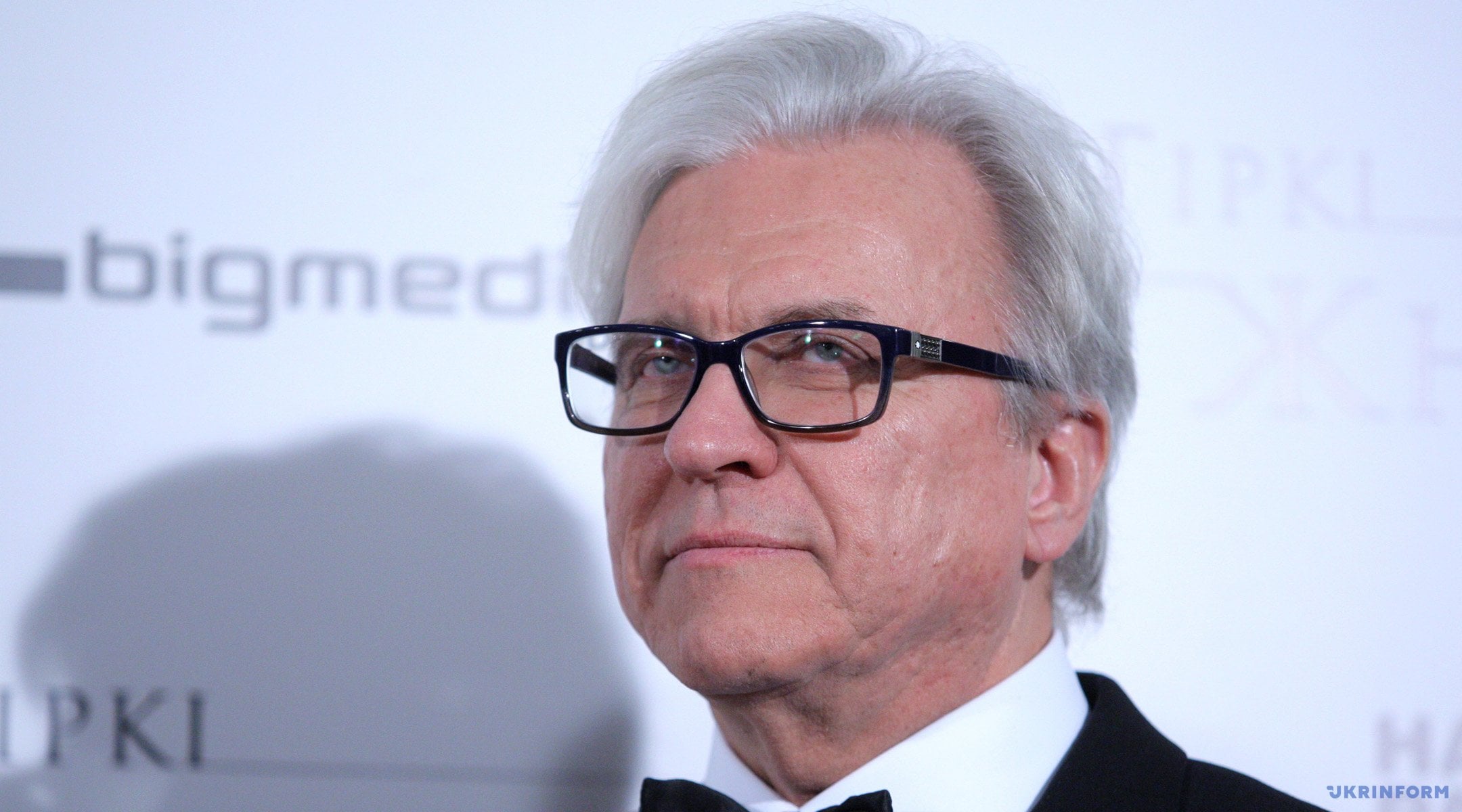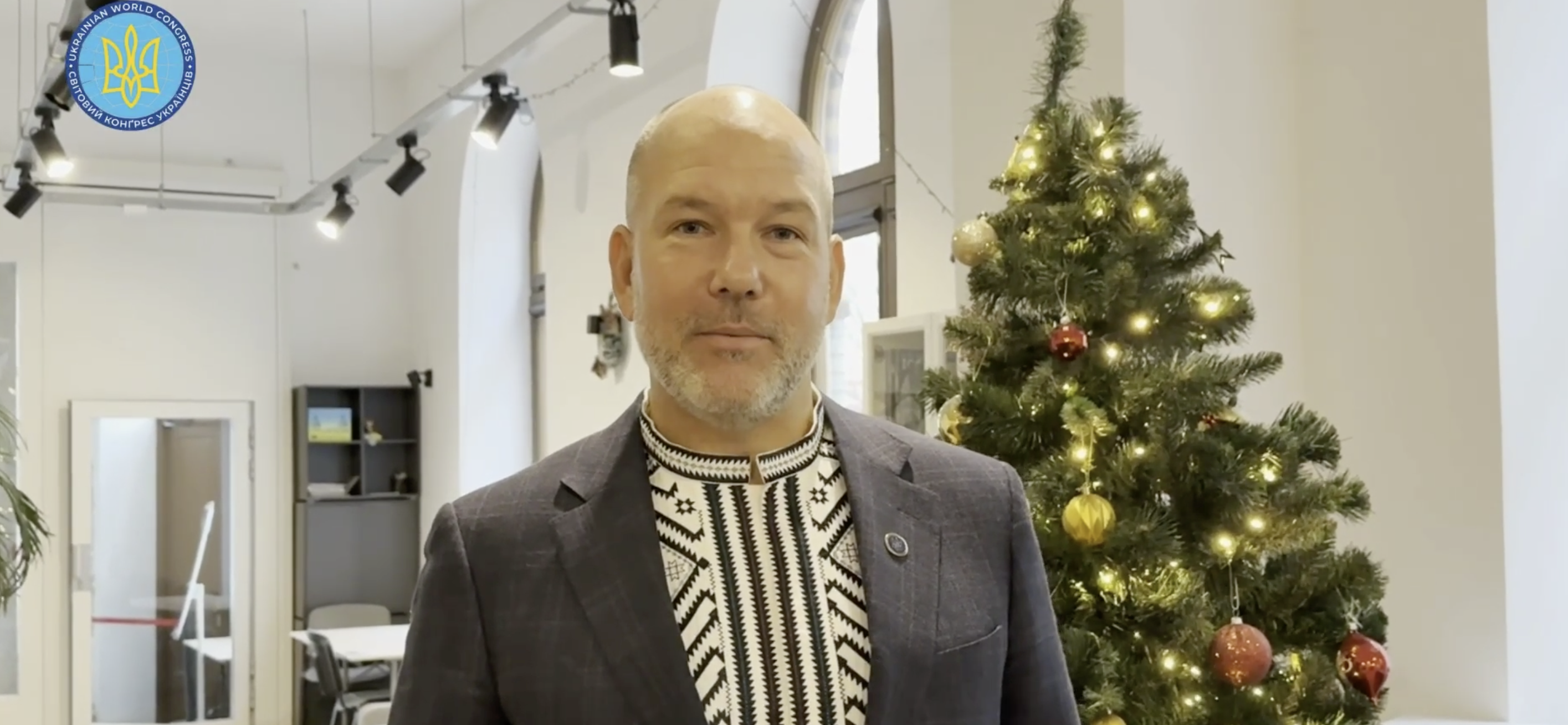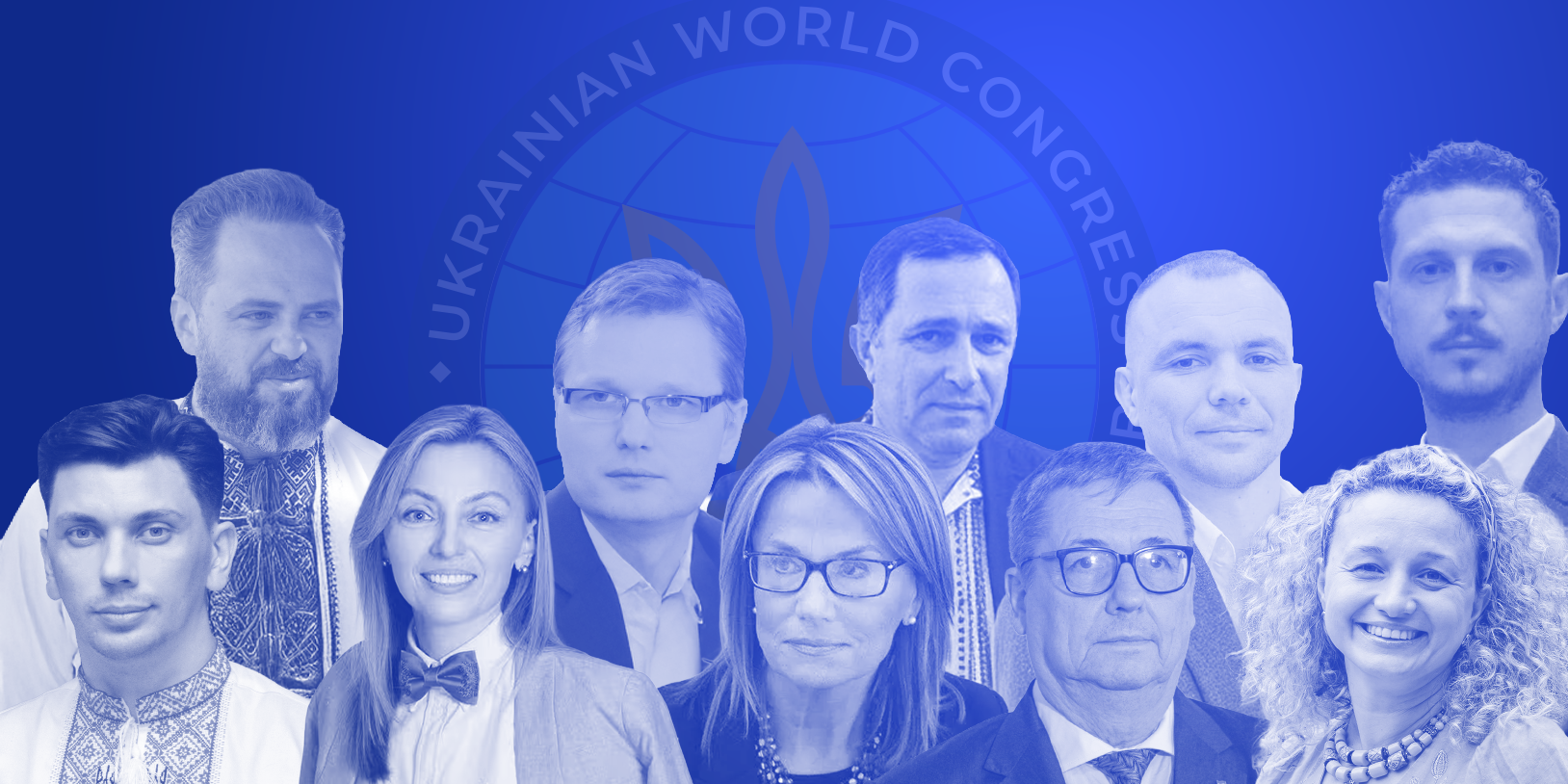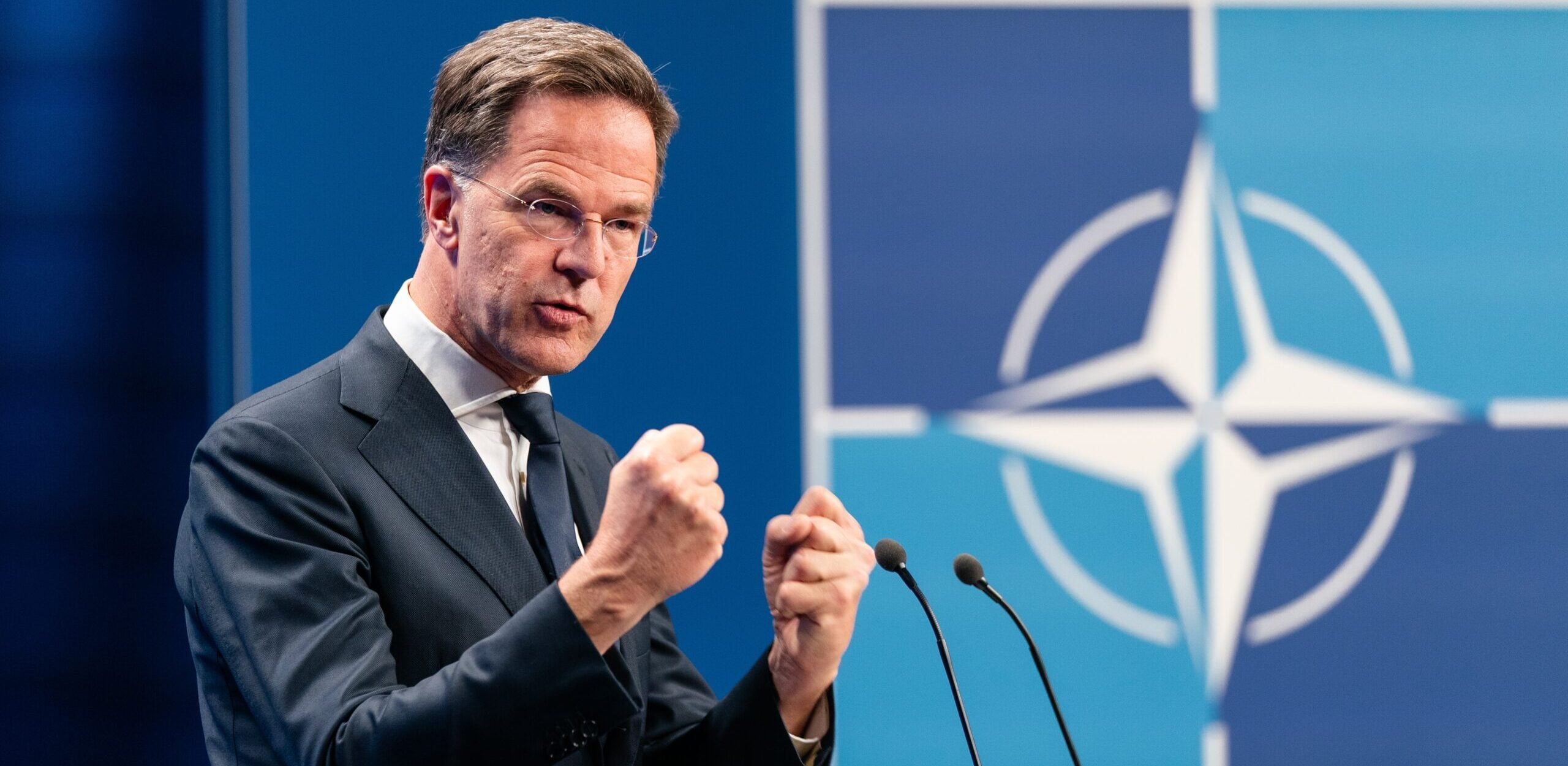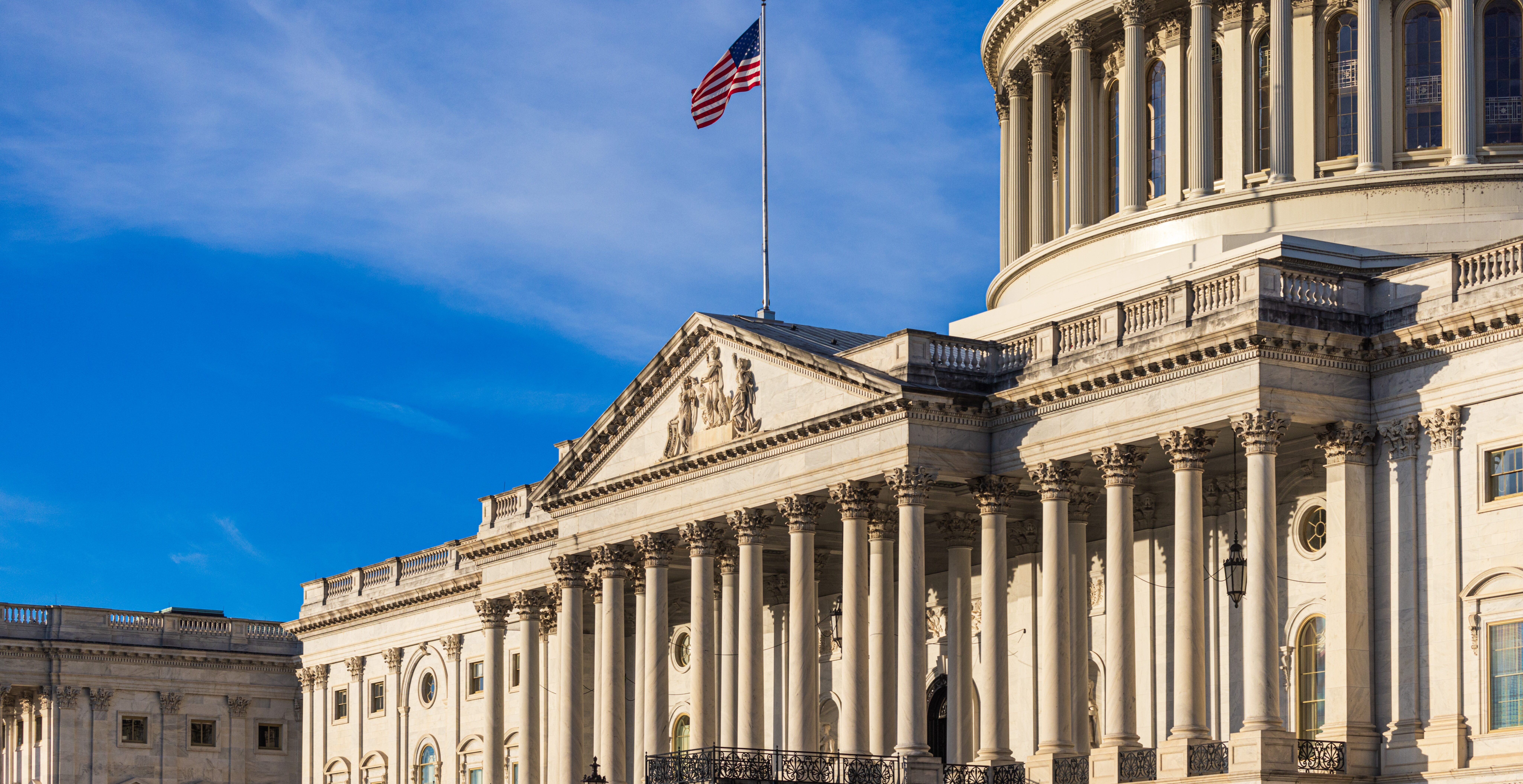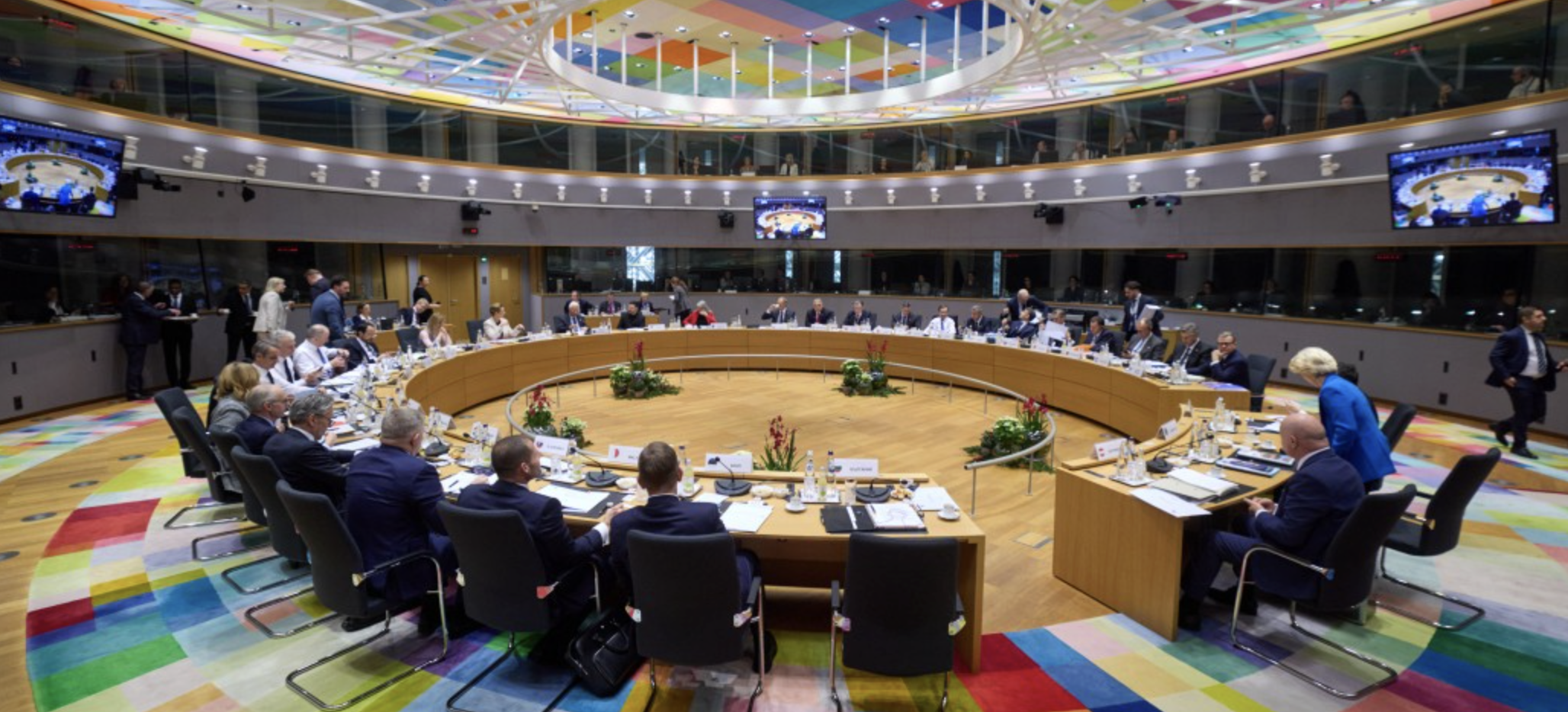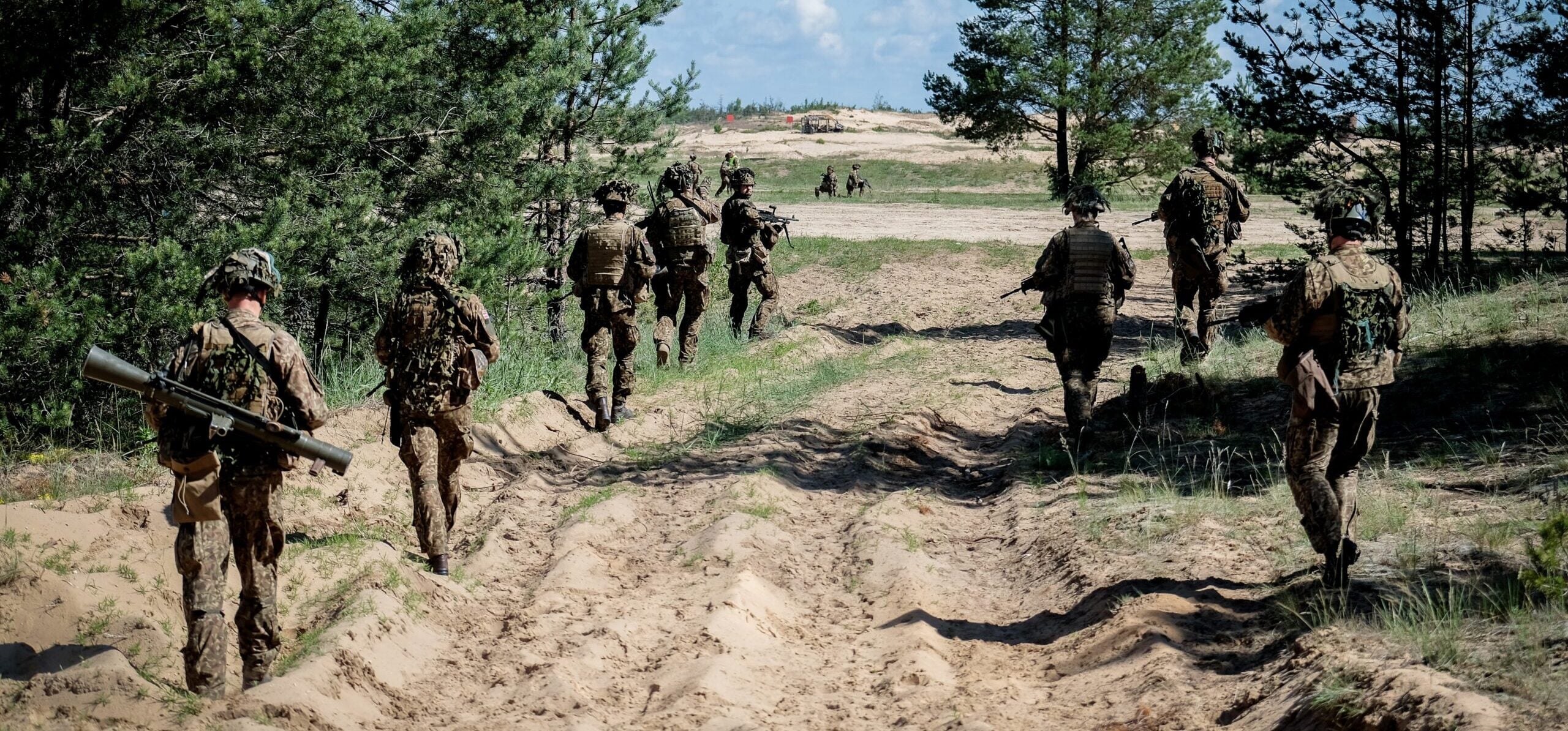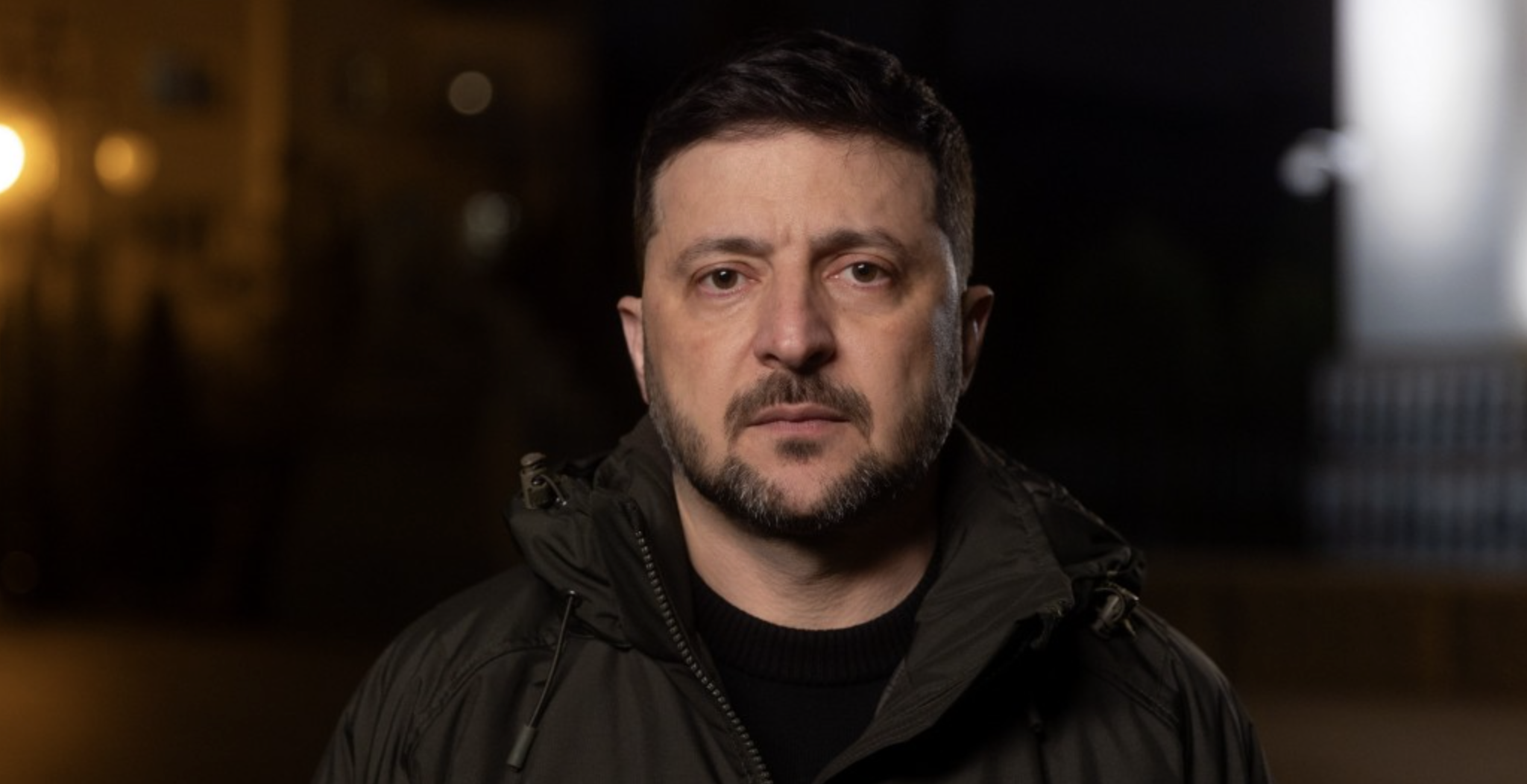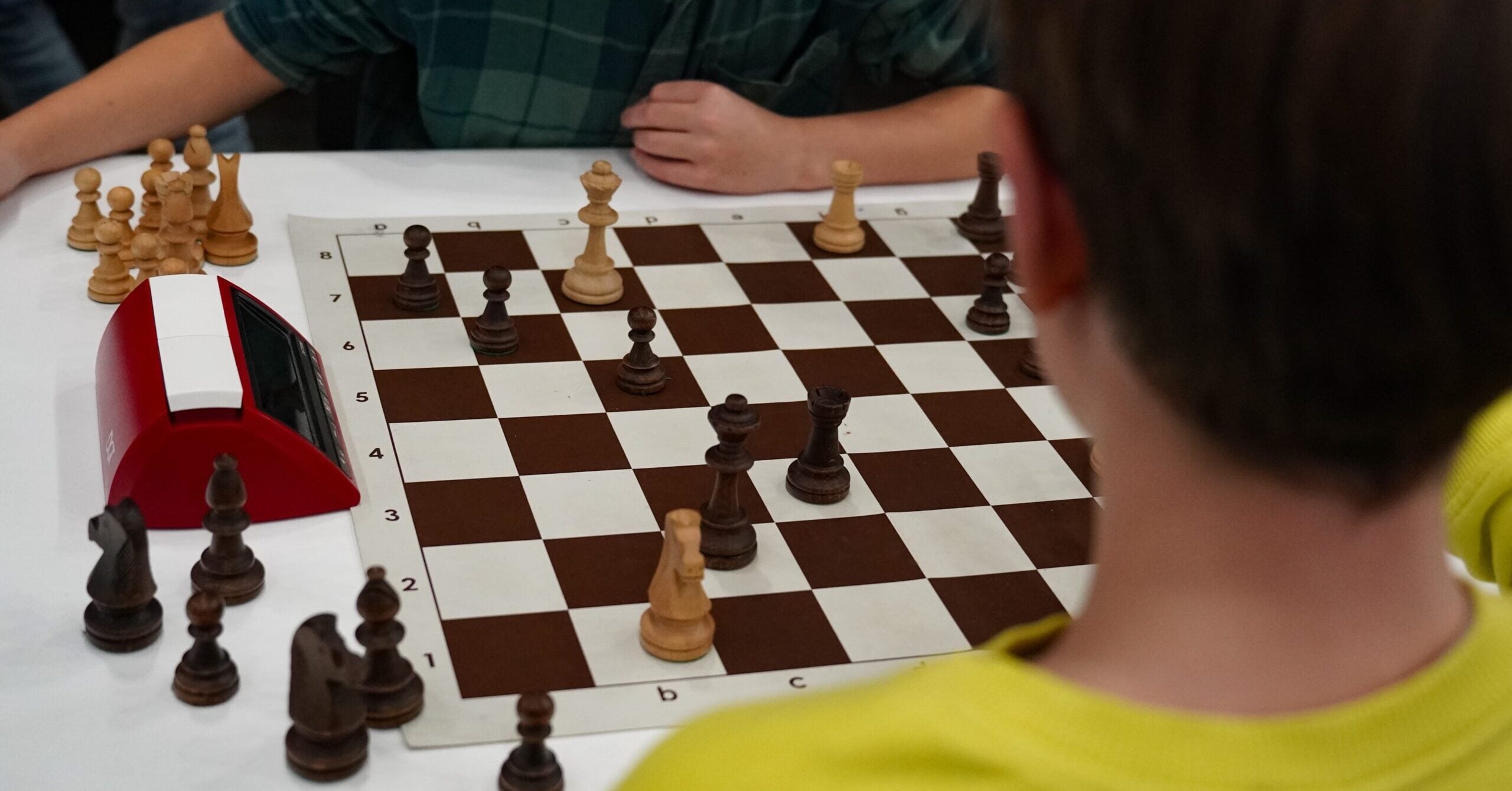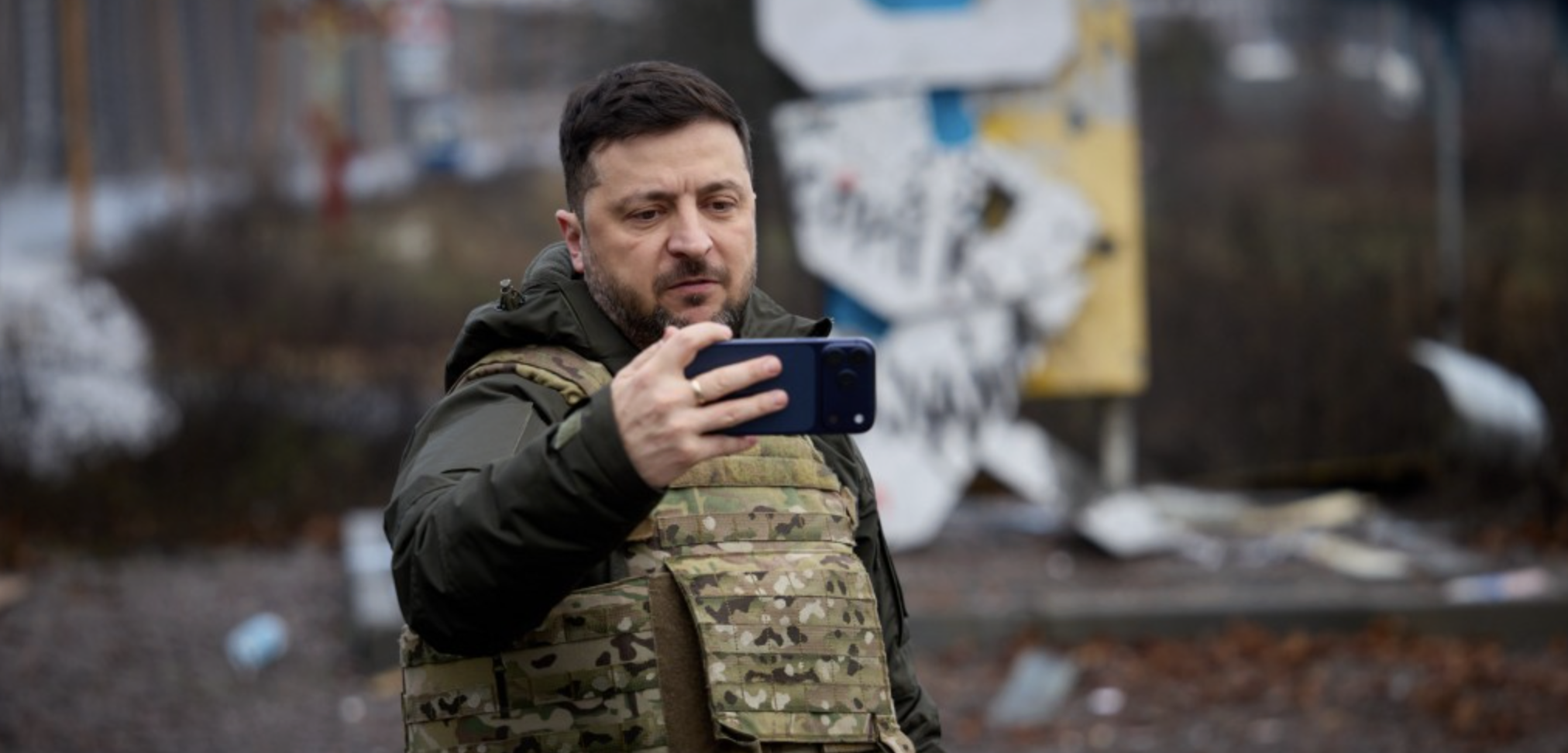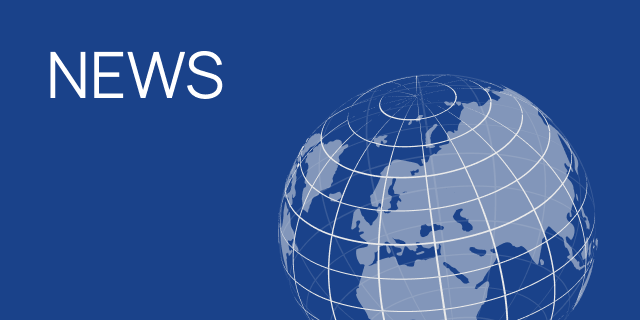

Statement by Eugene Czolij, President of the Ukrainian World Congress,
at the XIX Meeting of the EU-Ukraine Parliamentary Cooperation Committee
on June 13, 2012 at the European Parliament in Strasbourg
Honourable Co-Chairs and Members of the EU-Ukraine Parliamentary Cooperation Committee:
As the EU-Ukraine Parliamentary Cooperation Committee meets at the European Parliament today, Ukraine is front and center as the co-host of EURO 2012 – an event with which Europe is celebrating more than just a sport, but what can be achieved through a common purpose and shared values.
Although Ukraine’s role as co-host of EURO 2012 offers visitors and viewers a glimpse of the modern state that Ukraine could become, numerous events demonstrate how painfully distant is the dream shared by Ukrainians throughout the world of Ukraine becoming a truly European state, not only geographically, but also in terms of its ideals and objectives.
The persecution and incarceration of two of the most prominent opposition leaders, Yulia Tymoshenko and Yuri Lutsenko, are the most glaring examples of this reality.
Other damning examples include the intimidation of the media, NGOs, universities and the former ombudsman’s office, as well as the coercive appropriation of people’s property despite repeated pronouncements by government officials of their so-called political will to fight corruption.
Thus, unless the Ukrainian authorities undergo a remarkable transformation in the very near future, they will not pass the litmus test they face in the forthcoming Parliamentary elections, and these elections will go down the same dismal road as the Russian Presidential elections earlier this year.
Given Ukraine’s geopolitical importance, the international community must increase the pressure on the Ukrainian authorities to release political prisoners and cease preventing their participation in the upcoming Parliamentary elections.
In addition, a large public awareness campaign should be launched by the EU to encourage Ukrainian citizens to vote in large numbers and make them aware of the real empowerment of voting.
European institutions must also send as many short and long-term election observers to Ukraine as possible. This will help curtail electoral violations, support a more even-handed political debate and enhance freedom of the press.
Moreover, Ukrainian voters need to know that the international community will not only be monitoring the Ukrainian elections, but that the Ukrainian people will not be abandoned if Parliamentary power is seized through fraud or by force. A clear message must be sent that human rights violations and electoral fraud will result in personal sanctions against those who engage in such activities, such as visa revocation, prohibition to transact business in the EU, and freezing of assets.
On March 30, 2012, the EU-Ukraine Association Agreement was initialled. This being done, will Ukraine become a country that will be truly welcomed into the European community and institutions as a full-fledged member, or will it drift toward Russian authoritarianism?
A recent study by the Ilko Kucheriv Democratic Initiatives Foundation in Ukraine disclosed some very interesting findings, including, most notably, that support for EU membership increases dramatically among Ukrainians who have visited one of the EU member states, the USA or Canada. Indeed, 78% of those who have visited one of these countries support EU membership, while only 45% of those who have never visited one of these countries do so. Thus, the more Ukrainians become familiar with Europe and its way of life, the more likely they are to identify themselves as Europeans. Unfortunately, only 17% of Ukrainians have actually visited an EU-member state, the USA or Canada.
This is why the dissemination of European ideals and continued engagement with Ukraine, rather than the isolation of Ukraine, should be encouraged both officially and, more importantly, at the grassroots level.
More policies need to be instituted that strengthen Ukraine’s fragile civil society and make a difference in the daily lives of Ukrainians. Initiatives, such as youth and student exchanges, scholarships and programs that increase awareness among Ukrainians of fundamental European values and foster their acceptance should be promoted. This should include a visa-free regime between the EU and Ukraine to increase domestic support for Ukraine’s integration into the EU.
Also, the benefits of the EU-Ukraine Association Agreement need to be explained more effectively through independent Ukrainian media sources, social media networks, the NGO sector, an information office in Kyiv, public appearances by high-ranking EU officials at various university forums and other civil society platforms.
The promotion of a European vision is key at this juncture when President Putin is shifting into high gear the concepts of Ruskyi mir and a Russia-dominated Euroasian economic union of former Soviet Republics that includes a common military, customs, humanitarian and cultural space. Clearly, the Russian President is advocating a neo-Soviet Union which cannot be reconstituted without Ukraine.
The strength of the pro-Russian forces intent on driving Ukraine away from Europe should also not be underestimated given Russia’s deep religious, economic, linguistic, cultural and media penetration into Ukrainian society.
Moreover, Ukraine’s current governing authorities are sympathetic to the Ruskyi mir. This was once again demonstrated last week when the Verkhovna Rada passed a bill, on first reading, effectively diminishing the constitutional status of Ukrainian as the only state language of Ukraine and further elevating the status of the already predominant Russian language.
Honourable Co-Chairs and Members of the EU-Ukraine Parliamentary Cooperation Committee: The benefits of the integration of Ukraine into Europe cannot be overstated since a Ukraine, firmly settled on the path toward integration with the EU, is critical to our collective interests, especially in increasing regional security, stability and economic prosperity.
The Ukrainian World Congress, which has represented the Ukrainian diaspora of some 20 million people for the past 45 years, through its extensive network of Ukrainian organizations and contacts in more than 45 countries, and its strong connections with the international community, will continue to help steer Ukraine on the path to democracy and European integration. With the assistance of its member organizations, the Ukrainian World Congress will also send missions of international election observers to Ukraine’s October Parliamentary elections.
Eugene Czolij
President
